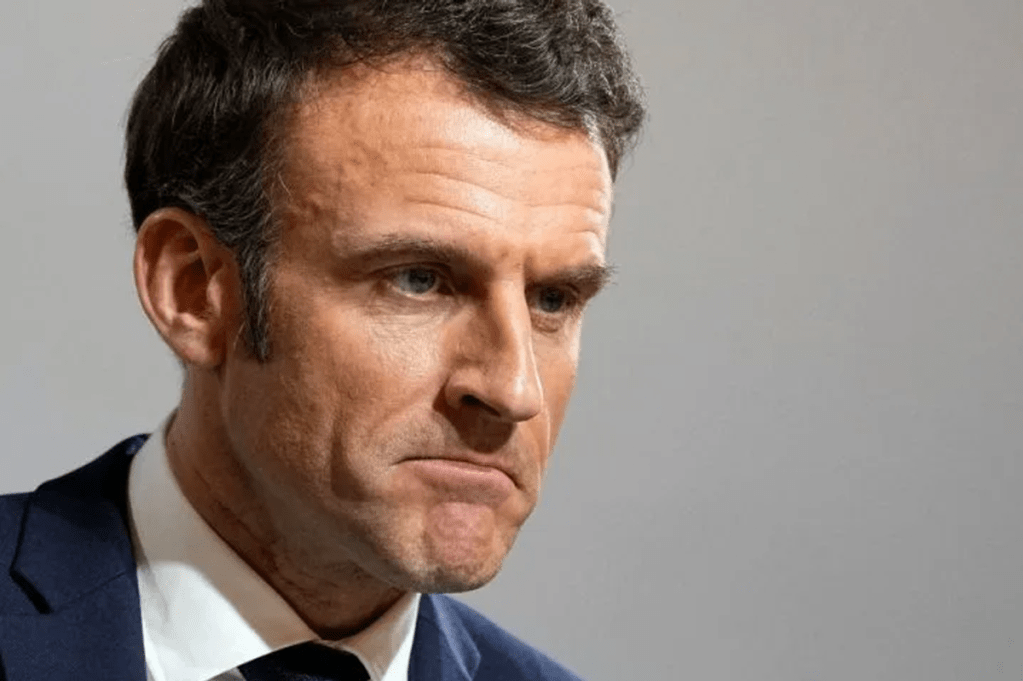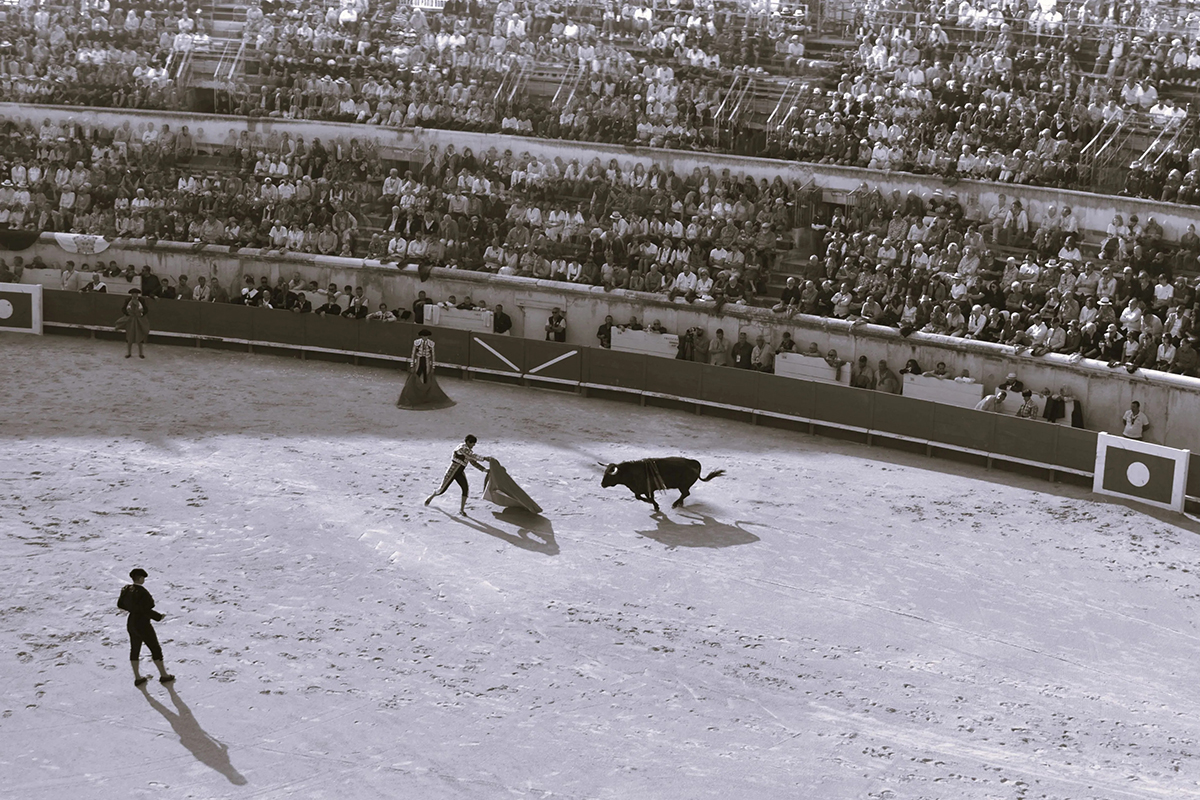The government of Emmanuel Macron won a vote of no confidence in the National Assembly on Monday by a mere nine votes. The cross-party no-confidence motion, tabled by a Centrist coalition fell just short of the 287 votes it needed to bring down the government.
To succeed the no-confidence motion required the support of the center-right Republican Party, augmenting the votes of the left-wing NUPE coalition and Marine Le Pen’s National Rally Party, both of whom are opposed to the government’s reform bill that was passed last Thursday without a parliamentary vote. Instead, on Macron’s orders, Prime Minister Élisabeth Borne used a controversial clause in the Constitution, Article 49.3, to pass the bill.
The Republican Party are widely supportive of Macron’s reform bill, which raises the age of retirement from sixty-two to sixty-four, and issued instructions for its sixty-one Members of Parliament to vote against the motion. But nineteen of its MPs defied orders, adding to the dissent and disorder which has swept France in recent days, in parliament and on the street.
During the debate in the National Assembly that preceded the no-confidence vote, one left-wing MP, Mathilde Panot, likened Macron to a crazed Roman emperor. “Here and there we read that Emmanuel Macron sees himself as Jesus Christ,” she declared. “He is more like Caligula, the emperor who became drunk with power.”
Macron has remained silent since the controversial clause was deployed last week, but although Élisabeth Borne has become the face of the reform bill the people know that he is its architect.
A poll at the weekend put the president’s approval rating at 28 percent, its lowest since 2019 when France was gripped by the gilets jaunes (Yellow Vests) movement. There are fears that the country is set for similar unrest in the weeks ahead.
This time, however, it could well be far worse. The Yellow Vests was a leaderless protest movement, which shunned political parties and trade unions, and was built on the people’s ras-le-bol (despair). Opposition to the pension reform is supported by political leaders from the left and right and also, more significantly, by the eight main trade unions.
Since January they have organized a day of industrial action each week, encouraging strike action in the public sector and galvanizing more than a million people to take to the streets each week. Numbers have fallen, however, in recent weeks, but another day of action has been called on Thursday and the unions are urging people that they still have it within their power to prevent the bill being passed into law.
The strikes are already having an effect with nearly 10,000 tons of rubbish littering the streets of Paris because of ongoing industrial action by refuse collectors and workers at incinerator plants.
Workers have also downed tools at France’s oil refineries and some regions have already started to ration gasoline at gas stations. There is disruption on the rail network and at airports, with 30 percent of flights canceled at Paris Orly on Monday.
Earlier this month one union, the hard-left CGT, threatened to bring the economy “to its knees” if the government didn’t abandon its pension reform. Will the union now try to carry out its threat? More pertinently, will the people keep supporting the industrial action if they can’t fill up their cars with gas or take public transport to the office? “The future will depend largely on whether the public will continue to support the social movement,” said an op-ed in Liberation this morning.
Opinion polls have shown majority support for the strikers since the industrial action began, solidarity which has increased after the government used Article 49.3 to circumvent parliament. A poll on Sunday reported that 74 percent of people canvassed wanted the government to fall because of its use of Article 49.3.
Even the violence that has erupted in many towns and cities since Thursday has drawn only mild condemnation. Opposition MPs have laid the blame for ugly scenes in Paris, Lyon, Marseille and elsewhere at the door of the president and his government. They also accuse the police of heavy-handedness in arresting protesters.
Newspapers like the center-right Le Figaro, a supporter of pension reform, are more strident in denouncing the violence but agree that this is a mess of Macron’s own making. By his actions and words over a number of years, millions believe their president holds them in contempt, declared the paper in an editorial on Tuesday. “‘Change the customs and faces’ said Emmanuel Macron at the beginning of his political adventure. This is what the French are asking for today.”
But Macron believes it’s not him who needs to transform, but the French, the nation he has in the past mocked as “slackers” and “resistant to change.” His pension reform bill is a crucial strand of this change and he is determined that he won’t be remembered as just another president who caved to street pressure.
The people, for now, are equally adamant that he will end up humiliated like his predecessors.
This article was originally published on The Spectator’s UK website.

























